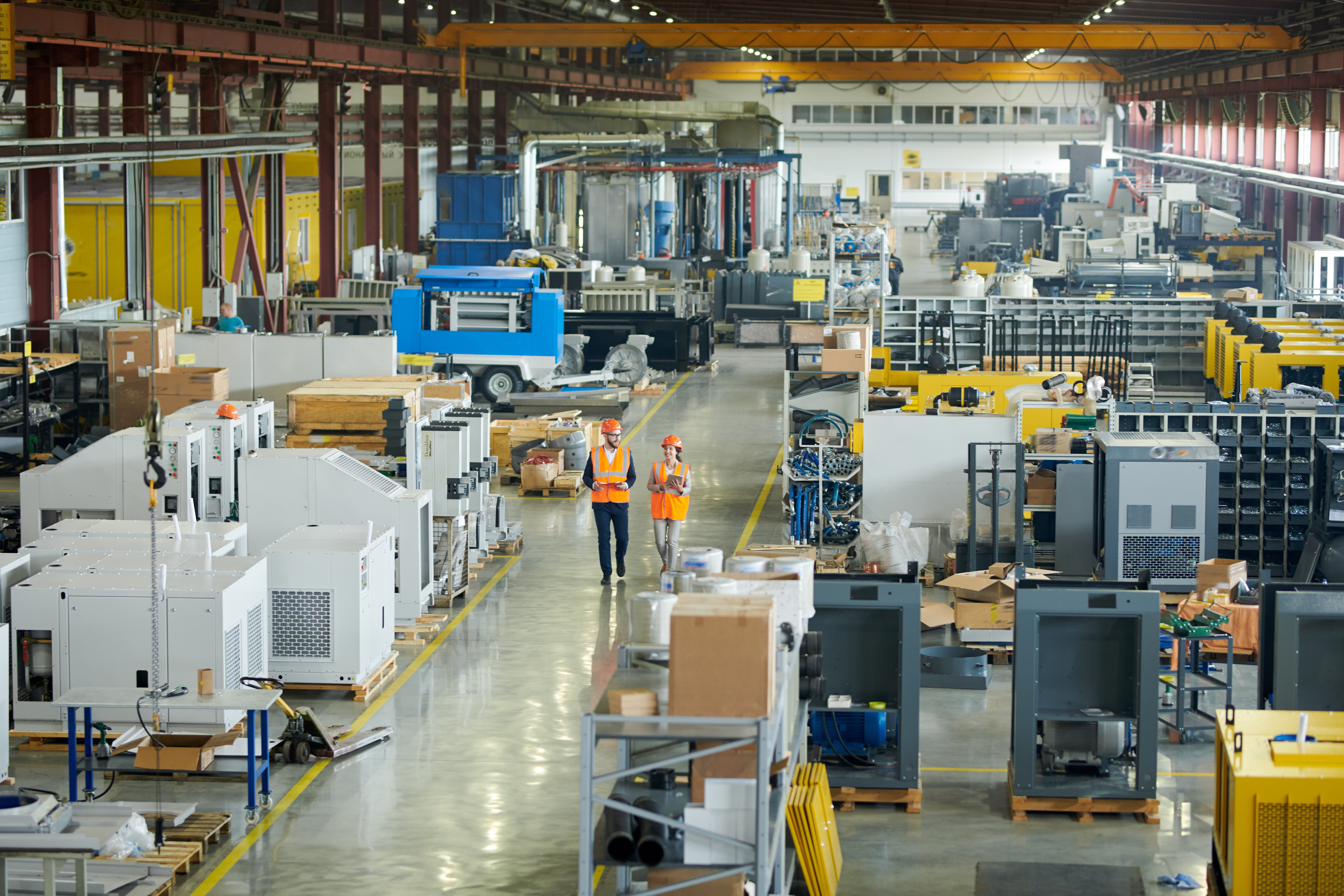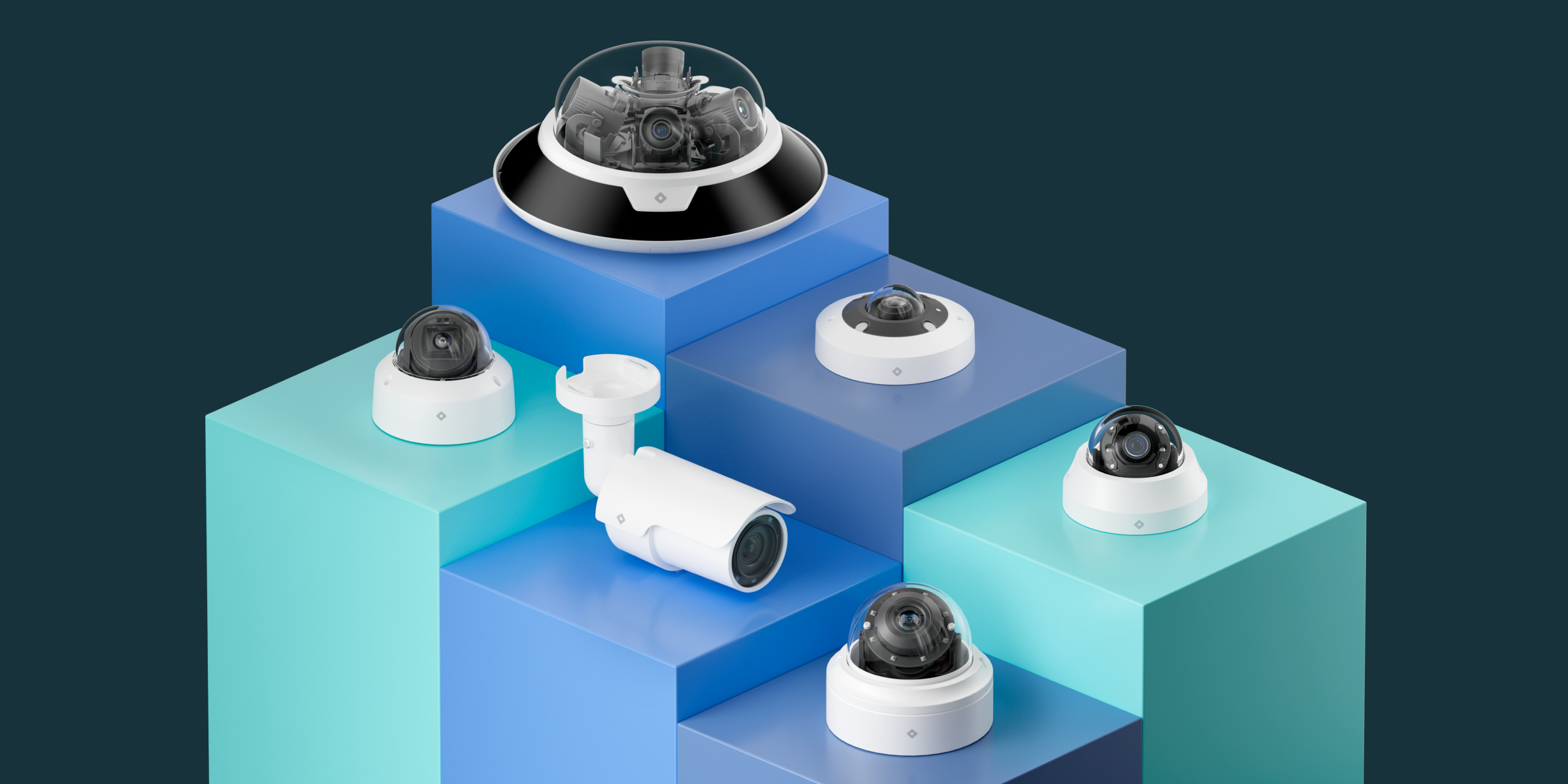What's Different About Rhombus?
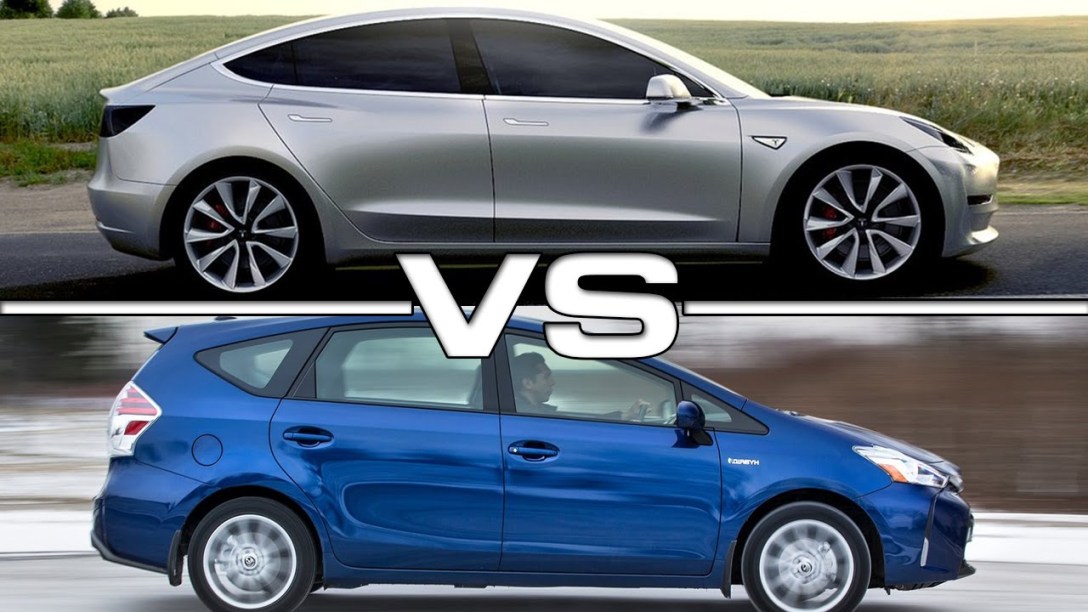
A common question that often comes up is how Rhombus Systems is different from existing solutions out there. This is a great question to ask and for the purposes of answering I'll break the market into a few buckets.
What is a Consumer Security Camera?
There are a lot of these solutions out there today and Nest is an example of a really nice solution. It works great in a home or small office environment. The core issue with one of these consumer solutions is when you want to scale it to 20, 50, or 100+ cameras. These cameras are constantly streaming back to their servers to record and process the video. At 100 KBps, you can quickly overwhelm your upload and download bandwidth making your internet unusable for other business applications. Our cameras store the video locally and only stream it over the internet when someone off the local network (LAN) requests it. This preserves a company's bandwidth as well as makes the solution more responsive when onsite.
Furthermore, these cameras are almost exclusively WiFi only and most companies need ethernet connectivity for areas with no WiFi coverage.
Beyond just connectivity, a company needs to power them which often means PoE is a much more economical solution than trying to run power separately to cameras. Our cameras include both ethernet connectivity as well as PoE for power. Beyond the hardware limitations of a consumer solution, they just really aren't purpose built for the enterprise. An enterprise focused solution like ours will provide additional features like role based access, single sign-on, audit logs, and API's to integrate into other systems.
In the end, these are solutions built for different markets and buyers.
What is a traditional DVR and NVR Security System?
These are the dominant solutions in the market and can range from a few hundred dollars on Amazon to hundreds of thousands of dollars from a traditional vendor like Avigilon.
These solutions are battle proven and have been around for years. They can either be analog or IP-based with IP cameras the latest iteration and are often known as CCTV camera systems. These solutions can work well in individual locations, but are generally constrained by the number of open ports for cameras (usually sold in 8, 16, 32, 64, etc) and the size of the hard drives. Adding additional cameras can be a real pain once your system has run out of space. It also comes down to that question of, "Do I really want to manage hardware for this business application?". If you've already moved your email, file sharing, CRM, and other apps to the cloud, it might be time to move your video security to the cloud, but more on that later.
Beyond managing the hardware, these systems are often complicated. Below is a nice diagram I found that sort of sums up the experience of hooking these things up - not exactly straight forward!
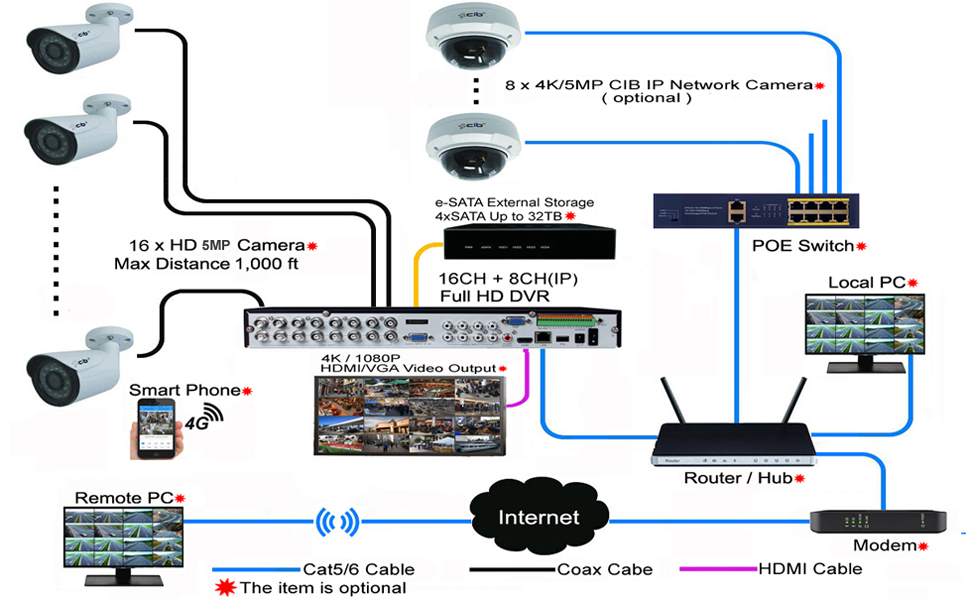
If you want to manage this system outside the network, you might have to poke holes in your firewall and who knows how secure the software is if it's not being regularly updated. In this era of seemingly constant hacking incidents and where one of the largest internet DDOS attacks last year (Mirai) was caused by security cameras, you probably want confidence your system is continually being updated with the latest security patches.
Perhaps the biggest issue with this solution is that they are often siloed pieces of technology. If you have 5 offices, that means you have 5 DVR's / NVR's at each location and have to login to each one separately to manage it and view video. That's not a very scalable solution once you go past a few locations and as any IT professional knows, starts consuming valuable time.
What is Cloud Video Recorder or CVR?
These are a next iteration from the above solutions that try to eliminate some of the issues with the above systems. They're similar to an NVR or traditional CCTV solution, but push the content to the cloud for storage and access with Eagle Eye being one of the largest vendors in this category. I like to think of them as a hybrid car. They're definitely better than a regular car (DVR or NVR solution from above) from a technology standpoint, but not nearly as advanced as an all electric Tesla.
The benefits of these solutions include being able to access your content anywhere and anytime and not have to worry about the storage aspect. They'll often work with your existing cameras too. The downside though is that you still have to manage onsite hardware, deal with interopability between different camera vendors, and often must watch video over the WAN instead of the LAN which consumes a lot more bandwidth.
The technology is definitely a step forward, but still leaves some big areas for improvement.
What are Cloud Managed Smart Cameras?
This is where Rhombus falls as well as some other new startups. We are taking a fundamentally new approach to video security where we are ditching all of the typical on-premise hardware that is required for these solutions like the DVR, NVR, or CVR and instead opting for a simple solution of just smart cameras. I placed emphasis on "smart", because unlike the solutions above, our _smart cameras _are actually doing a lot of the video processing including facial recognition, object recognition, and other computer vision analysis. The cameras are acting like their own sensory network that are collecting vital information that then can be shared and additionally processed in the cloud. The reason the cameras can do this is because they are designed and built by us so we can put all of the software intelligence we want on each camera.
These cameras can be individually deployed and setup within a matter of minutes. Once setup, they can be accessed via a browser or mobile device from anywhere. The solution is elegantly simple to manage and feels like any other modern cloud IT software like Box, Zendesk, or Google Apps.
As our solution is a cloud first solution like other cloud products you might be accustomed to, it also shares the benefits of integrating well with other cloud services. We're already integrated into some services including Google Apps, Okta, and Slack, and many more will follow. We even have our own API's so that you can take data from our system and plug it into your other favorite services.
Furthermore, since the cameras are operated by us, we can ensure they have the latest firmware and that they are not vulnerable to the latest security exploits.
To play out the analogy from above, our solution is like buying a Tesla for video security. The hardware that you purchase will just keep getting smarter with every release!
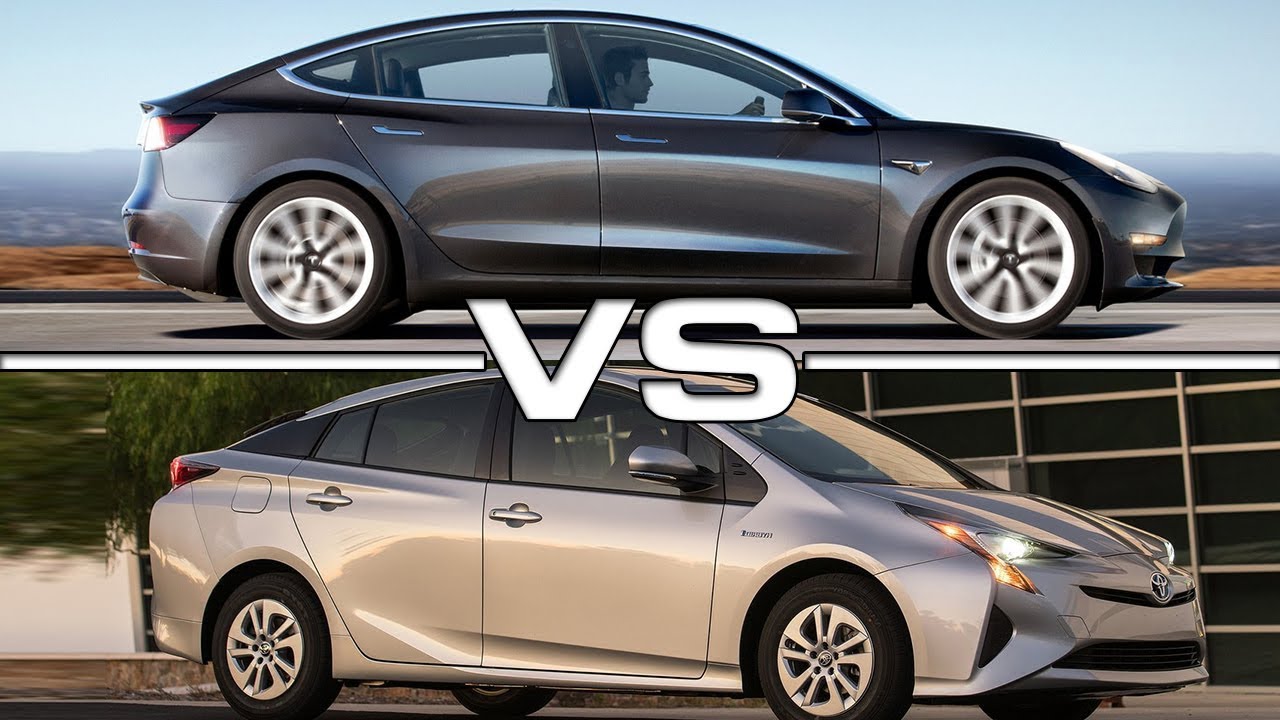
The Benefits of Cloud Managed Smart Cameras
Technology is evolving quickly and we believe a number of trends are about to intersect which will serve as the catalyst for a lot of companies to upgrade their tech stack in this area. One of the biggest recent advancements has been in computer vision and how quickly the computing costs are dropping. This is making relevant applications of it (people detection, facial recognition, object recognition) much more affordable for the everyday company. Furthermore, recent advancements in how you do this detection are making it far more accurate than it’s ever been (more coming in an upcoming blog post). As a good parallel, look how quickly self-driving cars are advancing which use a lot of the same techniques for detecting objects and people.
In addition, the camera hardware is now at a point where it can perform a lot of the computational analysis necessary for this solution at a reasonable cost. Doing this analysis on the camera eliminates a lot of the need for central servers and broadens the number of applications that can be developed.
And of course the last major trend is the cloud and the additional computational power it provides to this type of solution from machine learning, to big data analytics, to global infrastructure for storage and video streaming. This makes the overall solution we can deliver so much more powerful than traditional solutions and also means our customers can access their data from anywhere.
Conclusion
We believe this market is evolving rapidly and that we’re on the verge of some truly innovative solutions. We’re excited to be participating in this innovation and welcome you to try out our solution and see what a true difference Cloud Video Security can make in your organization!
Related Articles
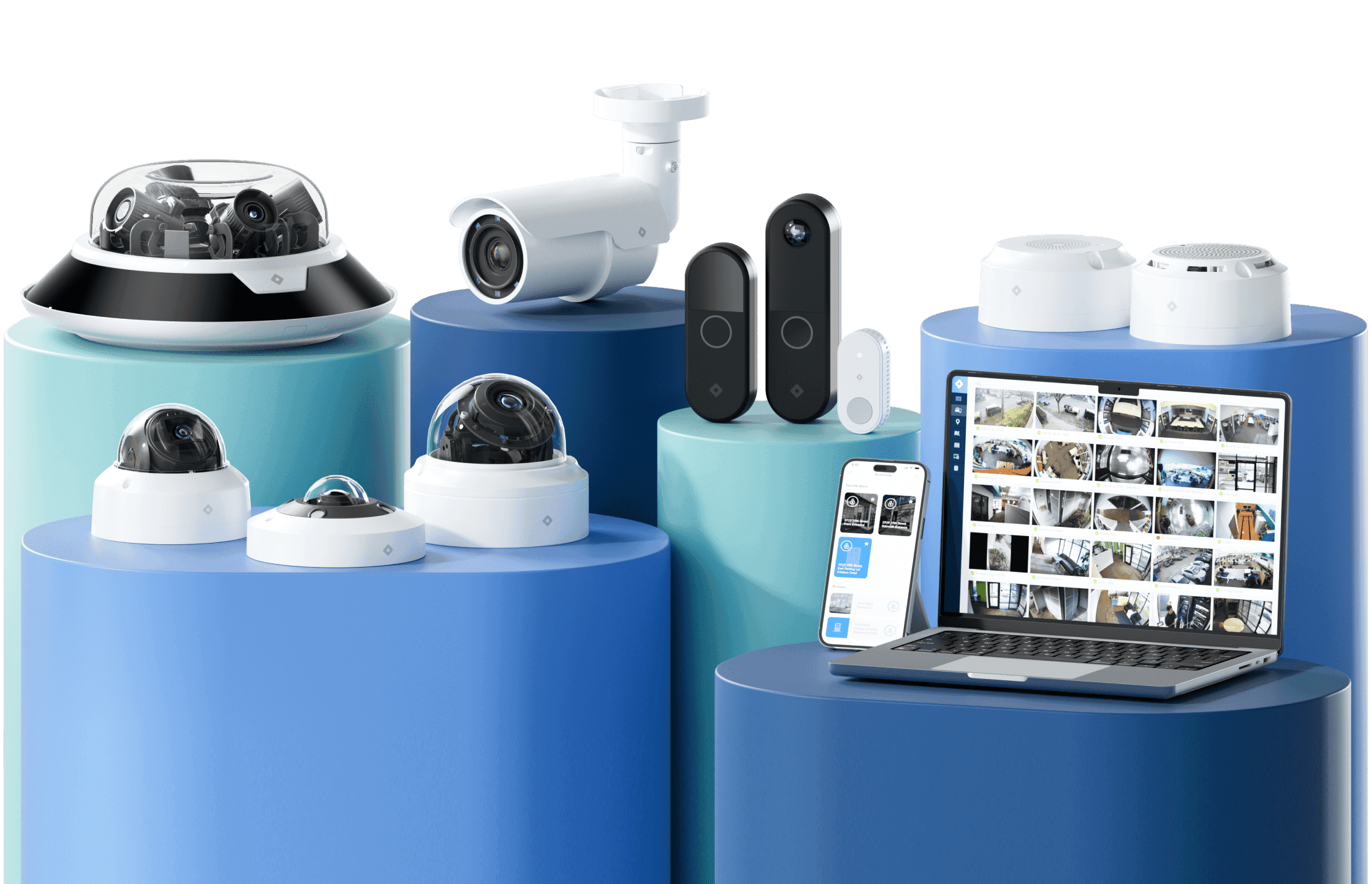
Try Rhombus for Free!
See why school districts, cities, and Fortune 500 companies use Rhombus
Start Trial